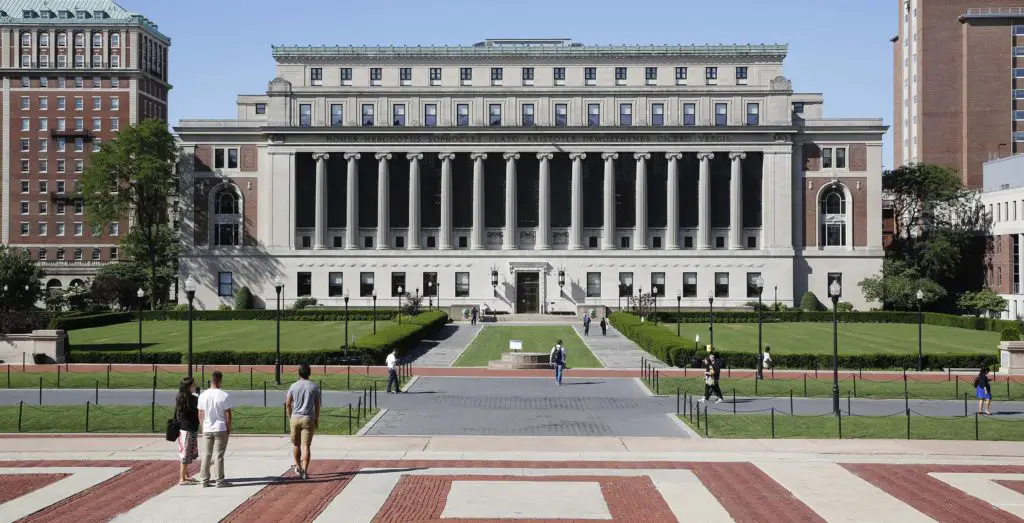Columbia University has agreed to minor concessions in the face of a growing tuition strike threat first issued when around 4,000 students signed an online petition to deny the university tuition payments for the upcoming spring semester.
HUGE NEWS: Columbia has started to concede on our demands!
Columbia just announced increased financial aid and no late fees for the spring semester. GS students will also receive a grant for summer classes.
This is just the start. #CUtuitionstrike
— Columbia YDSA Tuition Strike (@columbiaydsa) December 22, 2020
University administrators responded with an offer to waive late fees for tuition payments this semester, increase spring financial aid, and provide grants for selected students in the summer. However, despite these measures, the larger issue of a reduction in tuition and broader reforms being demanded by students have gone unanswered.
Organizers plan to continue the strike until all demands are met including the use of endowment funds to slash 10 percent off the spring semester tuition cost. Additional demands focus on social justice issues including investing in community solutions that prioritize the safety of Black students, improving compensation and benefits for university workers, and divesting from companies with a record of human rights violations.
“The national significance is that college students around the country are facing similar issues during the COVID pandemic and the student debt crisis. The scope of the movement expands beyond a tuition reduction,” Izabel Depina, an organizer, said in an email.
Tuition Dissatisfaction Spreading
The threat of a tuition strike, first issued in early December, was a response by students to perceived inaction by Columbia in addressing the high cost of college leading to a heavy financial burden for students and families during this recession.
“We think it says a lot about the profit motive of higher education, even as the economy is in crisis and millions of people are facing unemployment,” Emmaline Bennett, a master’s student at Teachers College, told The Guardian.
Student unrest has also found its way to Georgetown University as more than 1,800 people signed a petition to resume in-person classes to justify the exorbitant tuition costs. Parents are not convinced that the quality of online education is worth the price tag asked of them, even if Georgetown offered a 10 percent tuition discount for everyone not on campus.
Late last year, students at Princeton University and the University of Delaware filed lawsuits against their universities over tuition costs and refund issues.

